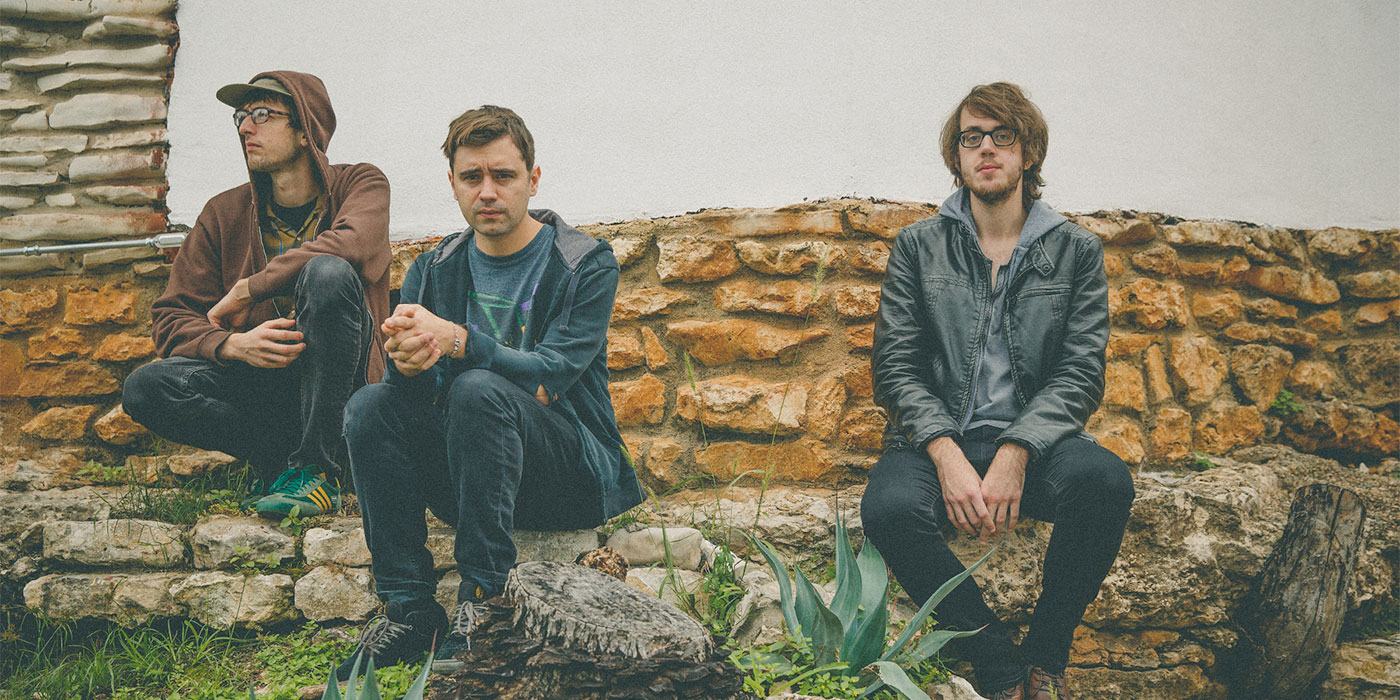We had read that you were allowed to bring in your own bottled water. What we hadn’t read was that the amount of free water you were allowed to carry inside of the festival’s gates was limited to two bottles per person. And between the two of us, we had brought in eight: six were sealed with sixteen ounces of high quality, hydrating spring water, and we had emptied the remaining two of their contents and filled them with liberal amounts of crystal-clear Long Island Iced Tea mix. The plan was foolproof.
It was the summer of 2012, and neither my companion nor I were 21 years old. Sneaking alcohol into Pitchfork Music Festival felt like the only way to enjoy our first and last underage music festival experience. Yet as we were having our bags checked at the entrance of Chicago’s Union Park, we were hit with the heavy-handed realization that there was a two-bottle per-person limit. Panic silently set in as I reached my hand into my backpack and handed the gatekeeper one bottle after another until our stock had been half-depleted.
Against my lifetime pattern of misfortune, we lucked out: both of our bottles of booze remained in my bag. My friend and I exchanged celebratory high-fives and “That was a close one!” glances as we walked toward the Red Stage, where Cloud Nothings had just kicked off Saturday’s events. [spacer height=”5px”]
Up until that January, I had sworn off Dylan Baldi’s then-bedroom project Cloud Nothings. I considered his songs to be nothing more than meaningless musings on nostalgia, simply another drop in the overflowing bucket of artists digging into lo-fi electronic sounds. Yet in January 2012, Baldi dropped Attack on Memory, an album that attacked my memory of what his band was supposed to be. Now a four-manned tour-de-force of punk and angst, ferocious drums and snarling vocals, Cloud Nothings wasn’t merely on my radar; they were the entire thing.
As we stopped by the sound booth, we realized that the grass was still wet from the previous night’s rain — and that the kids up front were having one hell of a time with it, pin-balling one another back and forth in an attempt to see who could get the muddiest. Moshing wasn’t on our agenda, but there were few spaces of green in between the feet even as far back as we were.
And the crowd was deserved. By the time the band had blazed through “Stay Useless” and “Fall In,” it had become apparent that they sounded just as good as — if not better than — they had on tape. Baldi’s yelping was spot on, the drums were tenacious, and the guitar riffs were tasty. It had also become apparent, however, that the clouds in the sky held a little bit more than nothing; a rainstorm was rapidly approaching.
Right as the band ripped into “Cut You,” the sky opened up and let loose a steady, unceasing stream of rain. The downpour spurred the mosh pit into a frenzy, but the band seemed unfazed as they moved into Attack on Memory‘s centerpiece, “Wasted Days.” While the track may stop at the eight-mark on the record, the band blasted its chords for at least 12 minutes that afternoon. And as the band built toward the bridge at the track’s midway point, the wind picked up and flipped the rain into a directionless, pummeling force. [spacer height=”5px”]
Pitchfork’s festival crew came out and covered the amps, the monitors, and the speakers. But Baldi and his boys only rocked harder, as if to let the storm know they were here to give the crowd a show rain or shine. The rain responded with a torrential downpour, and just as Baldi was giving his guitar-pedal knobs a run for their money, the crew cut the sound.
Yet the music didn’t stop. Instead, the band began chanting the mantra that runs throughout “Wasted Days”: “I thought I would be more than this!” And the crowd took note, mimicking the words; I couldn’t hear any of the music from where I was standing, but the repeated phrase boomed from the festivalgoers with an overwhelming sound.
Eventually the crew made the band leave the stage, and eventually my friend and I made our way to a tent where we too dried off. And we did crack those Long Island mixes in the middle of a celebratory ScHoolboy Q set. But honestly, any moment of the festival that came after Cloud Nothings’ set seemed pretty irrelevant; no crowd bonded quite like the one we had been a part of, no other set was talked about with quite the same twinkle in the eye.
High Noon Saloon is an indoor venue. If rain interrupts Cloud Nothings’ set on Friday night, something is seriously wrong. But having seen the boys attempt to rock through a storm, I’d bet my bottom dollar that nothing is going to stop them from delivering one of the best sets Madison will see this year — one that we’ll all look back on with twinkles in our eyes.



